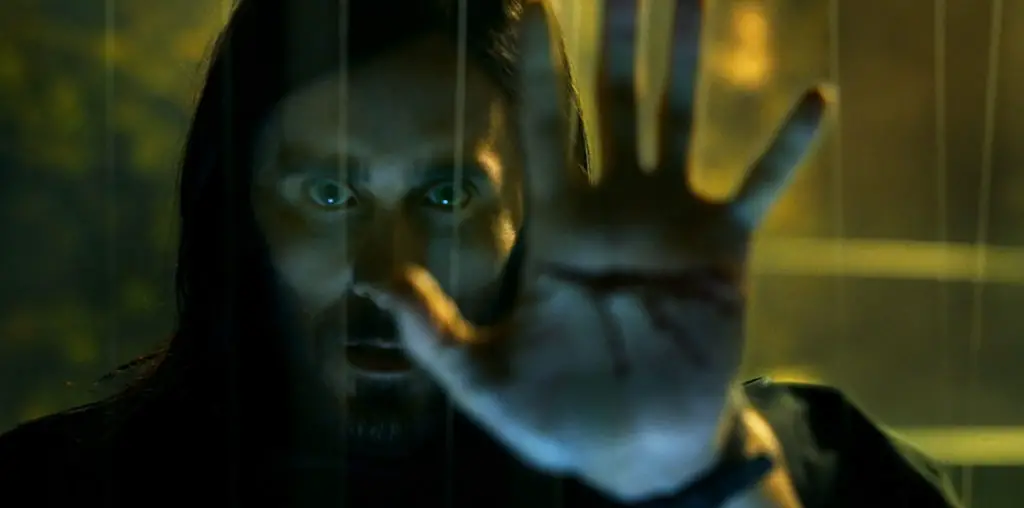
The lives of a mathematics professor and his intern may be as numbered due to the controversial numerological methodology the “good” doctor employs to predict the future. But does S.I.N. Theory measure up, scientifically, to its predictions any more than it does cinematically? That is the question.
The title of Canadian filmmaker Richie Mitchell’s S.I.N. Theory (based on Canada’s Social Insurance Number system, or SIN) appears to be synonymous with the American Social Security Number scheme (SSN), which uses numbers to represent the names of its citizens. These numbers are legally in force as long as those they represent are alive; and its original design and governmental insurance is based upon a person’s life expectancy.
It is from this jump-off point that Mitchell’s story about the ambitious Professor Liemann, his unseen hacking-cohort, and a tiny group of awestruck interns (one of which he becomes romantically involved), sets off to predict the future. Their ultimate goal is to eventually recreate the universe, which may or may not be legal or ethical, depending upon interpretation. Things run amuck when, somehow or other, Liemann’s hacker is breached, and integral information leaks to the opposition.
Even though the grounding of Mitchell’s S.I.N. Theory is not novel (Isaac Asimov’s Foundation Trilogy), neither philosophically (ancient Kabbalah Numerology), nor cinematically, that is not an automatic impediment to it success. Unfortunately, Mitchell only goes so far in his storytelling to produce tangible evidence for his theory that will set it apart from Darren Aronofsky’s Pi (1998), for example. This lack diminishes Mitchell’s film in terms of intrigue and suspense. To worsen matters, Liemann’s plot-related sexual entanglement ends in an almost fatal betrayal, but even that situation seems inconsequential, and is handled like, ho-hum, just another day at the office…
S.I.N. Theory is shot in black and white, in the Film Noir style of the Canadian television forensic drama, Da Vinci’s Inquest (1998-2005). Not being a fan of the over-abundant special effects formulas of most movies these days, this aspect of the film is refreshing. However, without a seamless plot and a strong cast of actors in its support, S.I.N. Theory seems longer than its 74-minute length. The end result is that the movie chugs along, lacking luster, substance and power.
Still, Richie Mitchell should be commended for daring to tackle such a complex, philosophical concept, instead of the usual fare shown in theatres. I truly hope that Mitchell continues to research and produce work of this nature, and look forward to seeing his films in the future.
This film was submitted for review through our Submission for Review system. If you have a film you’d like us to see, and we aren’t already looking into it on our own, you too can utilize this service.

